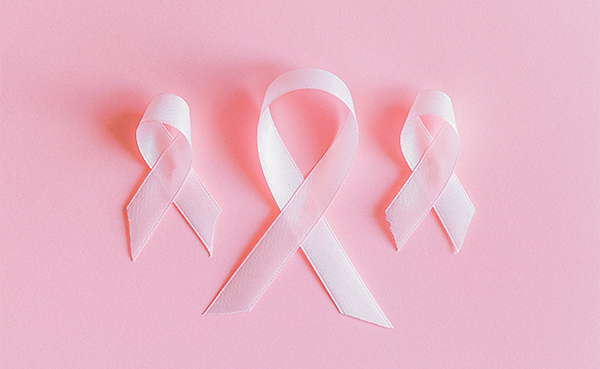Polycystic Ovary Syndrome: Get the Help You Need
Apr 26, 2023

If you deal with unstable menstrual periods, facial hair and acne, you may be one of the 5 to 26% of women with polycystic ovary syndrome (PCOS).
PCOS is common among women between the ages of 15 and 44, or during their childbearing years. Most patients are diagnosed when they struggle to get pregnant in their 20s and 30s.
“PCOS is one of the most common reasons for infertility,” says OB/GYN Dr. Bojan Malmin at the Adventist Health Women’s Clinic. “It’s caused by an imbalance in reproductive hormones, which hinders a woman's egg release and ovulation cycle, making it difficult to get pregnant.”
Since PCOS affects 1 in 10 women of childbearing age, it's important to know the facts about this common, yet often unrecognized, health problem.
Signs and symptoms
PCOS can trigger a variety of signs and symptoms in women, such as:
- Irregular periods: Some women have no periods, and some have more than one period per month.
- Small cysts on the ovaries.
- Weight gain or trouble losing weight.
- Hair growth on the face, chest and back.
- Loss of hair on the scalp.
- Bad acne and oily skin.
Many complications
Although infertility is one of the biggest complications of PCOS, the condition also can cause problems once a woman does get pregnant, including:
- Increased chance of miscarriage
- Gestational diabetes
- Preeclampsia (dangerously high blood pressure)
The complications go beyond the reproductive system. Women with PCOS are at risk of developing anxiety, depression, sleep problems, obesity, uterine cancer, high blood pressure, unhealthy cholesterol levels, and diabetes and insulin resistance.
“That’s why it’s so important to establish care with a provider and see us regularly,” says Dr. Malmin. “We can help you manage your PCOS and talk to you about options and treatment if you want to start a family.”
Treatment can help
If you think you have PCOS, the first step is to talk to your primary care provider, midwife or OB/GYN. Your treatment plan will be based on your particular symptoms and needs.
For instance, medicines can treat insulin resistance, lower the level of androgens (male reproductive hormones) that cause skin and hair problems, regulate menstrual cycles and reduce acne.
If you want to get pregnant, your provider may prescribe medications to help with ovulation. Losing even a small amount of weight (if you're overweight) may help regulate your periods and improve fertility. And in vitro fertilization may be an option if medicine doesn't work.
Partnering with your provider for PCOS
Although PCOS has no cure, treatment can help manage the condition and its complications. Your provider can help you figure out the best treatments for you. Our women’s clinics provide care by both OB/GYNs and certified nurse-midwives.Meet our team.
Related articles

What Is My Risk for Breast Cancer?
August 15, 2022

‘I feel empowered’: Pandemic sheds new light on critical role lab plays in patient care
March 31, 2021

Prostate Cancer: Early Detection Is Key to a Possible Cure
August 3, 2023